$SPY $DIA #Trump #Tariffs #USPolitics #Russia #Ukraine #TradeWar #PeaceTalks #GlobalTrade #EconomicStrategy #InternationalRelations
Can Trump’s Tariff Strategy Secure Peace Without Triggering a Trade War? Discover the Surprising Tactics!
In a bold move that has stirred the global economic community, U.S. President Donald Trump recently announced a drastic tariff proposal. The president stated that he would impose “tariffs at about 100%” on trade partners of Russia unless the Kremlin agrees to a peace deal with Ukraine. This announcement, naturally, has raised numerous questions about its impact on international trade and relations.
Understanding the Implications of Trump’s Tariff Threat
The threat of implementing such high tariffs is seen as an unconventional tool aimed at pressuring Russia into reaching a peaceful resolution with Ukraine. By targeting Russia’s trade allies, Trump is essentially leveraging economic relationships to influence international diplomacy. However, this strategy carries significant risks, including potential retaliation and the disruption of global trade networks.
Economic Impact of Tariffs on Global Markets
The immediate effect of such tariffs would likely be felt across global markets. Increased costs for goods imported from Russia’s trade partners could lead to higher prices for consumers and disruptions in supply chains. Moreover, countries directly affected by these tariffs might seek to retaliate, leading to a spiral of trade restrictions that could harm the global economy.
Strategic Analysis: Will It Lead to Peace or Escalate Tensions?
The effectiveness of Trump’s tariff strategy in compelling Russia to negotiate peace remains uncertain. While it could potentially bring Russia to the negotiation table due to economic pressure, there is also a significant risk that it could escalate tensions further. The approach assumes that economic pain will translate into political concessions, which is not always the case.
Long-Term Consequences for U.S. Foreign Policy
Employing tariffs as a tool for political ends marks a significant shift in U.S. foreign policy, moving from diplomatic negotiations to economic coercion. This strategy could redefine America’s role on the global stage, impacting its relationships with allies and adversaries alike. It is crucial to consider whether this tactic will isolate the U.S. or strengthen its position as a global leader.
Exploring Alternatives to Tariffs
While tariffs are a direct and impactful tool, exploring alternative strategies could offer solutions without the negative consequences of a trade war. Diplomatic efforts, economic incentives, and international cooperation might provide more sustainable and less confrontational means of achieving peace.
Conclusion: Navigating the Fine Line Between Economic Pressure and Diplomacy
President Trump’s proposal to use tariffs as a means to secure peace raises complex issues at the intersection of economics and diplomacy. As the world watches closely, the outcomes of this strategy will likely have far-reaching consequences for international trade and political relations. The global community must weigh the potential benefits of this approach against the risks of igniting further conflict in an already tense international environment.
In the realm of global politics and economics, understanding the full scope and potential ramifications of such decisions is crucial. For further insights into how economic strategies shape international relations, visit our detailed coverage on global trade and economic policies.


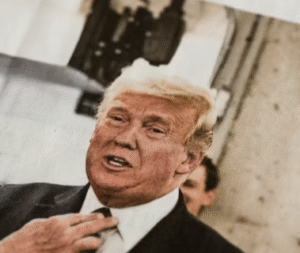
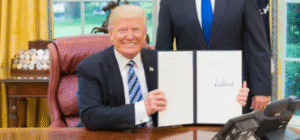
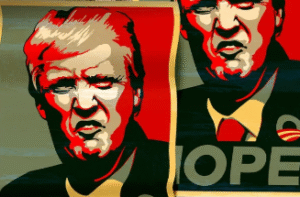
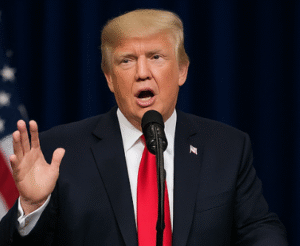
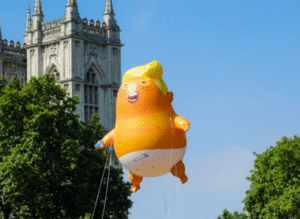
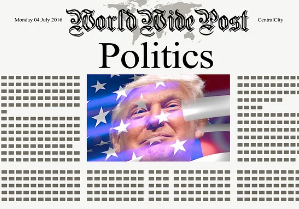
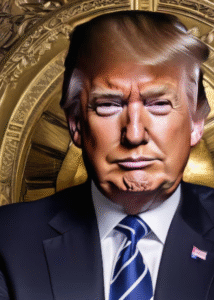
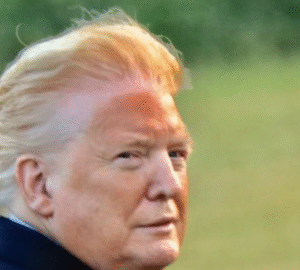
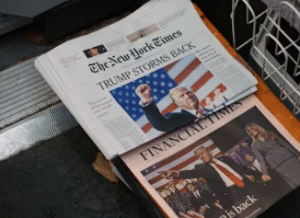
Comments are closed.